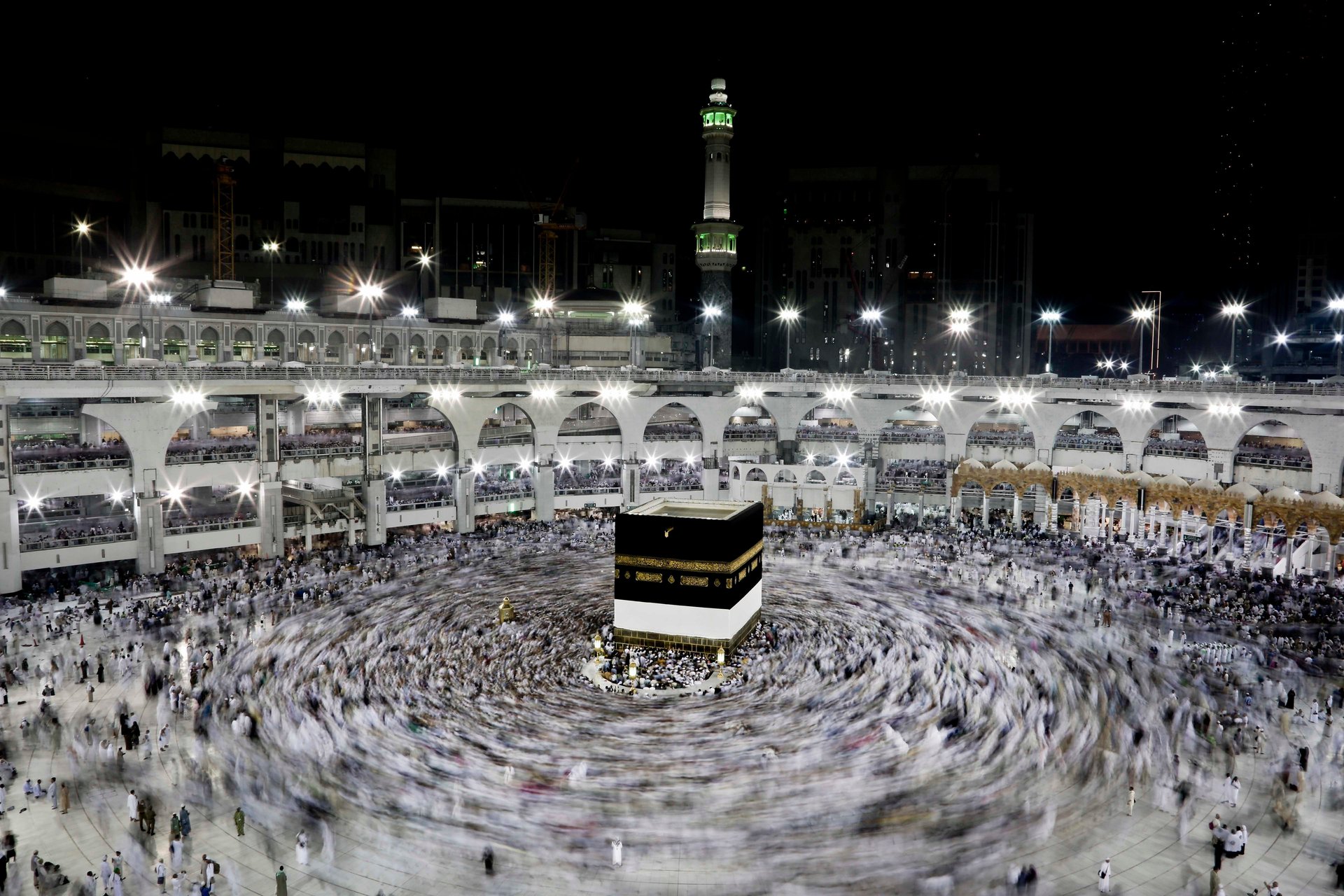The Saudi government has made the trip to Mecca nearly 500% more expensive
A nearly six-fold hike in visa fees to Saudi Arabia has been met with heavy criticism, with many Muslim countries voicing concerns that the plan will be an added burden to pilgrims visiting Islam’s holiest sites.


A nearly six-fold hike in visa fees to Saudi Arabia has been met with heavy criticism, with many Muslim countries voicing concerns that the plan will be an added burden to pilgrims visiting Islam’s holiest sites.
As part of the proposed plan, a single entry visa now costs $533, an increase from the previous fee of $93. A multiple entry, 6-month visa would cost $800 and a one-year visa would cost $1333. The revised visa fees affect all tourists, religious or business visitors, but exempts those traveling for the first time to perform the annual Hajj pilgrimage or the lesser, non-mandatory pilgrimage known as the Umrah.
The plan, which was based on a recommendation from the Saudi ministries of finance and economy, came into effect on Oct. 2 and coincided with the beginning of the new Islamic year. The new rules are seen as part of a wider campaign to lessen the kingdom’s dependence on oil and to increase revenues in other areas, including immigration fees.
As the biggest oil producer in the world, the falling oil prices have significantly impacted the Saudi government’s ability to generate revenue. In September, the government announced it would cut the wages and allowances meted to civil servants for the first time. The country is also caught in a prolonged war in neighboring Yemen, which has proved to have a detrimental effect on its economic safety.
The move to increase the fees could be very significant for the kingdom, given that millions of Muslims undertake the pilgrimage to Mecca and Medina every year. Muslims are expected to undertake the trip once in their lifetime—at least for those who are physically or financially capable. The trip carries considerable costs for visitors, especially for transportation and lodging, and depending on your geographic location, could cost from as low as $800 to upwards of $7,000. A 2012 Pew Research found that the pilgrimage to Mecca was a rare and expensive event for many Muslims across the world.
The move has incensed many Muslim countries or those with a large Muslim population. Moroccan travel agencies agreed to boycott servicing the trips to Mecca until the exorbitant fees were abolished. Turkey, Egypt, and Nigeria have all expressed their opposition to the new plan. Muslims in South Africa started a petition calling the visa fees “inhumane,” and asked the Saudi government to either scrap the payment or to drastically reduce them.
Yusuf Abramjee, the secretary general of the council of Muslim theologians in South Africa said that the community understands that “the state of the global economy is one of the reasons” pushing the Saudi government to take these measures. “But again, you cannot go and profit from pilgrims. It is wrong. Our religion forbids that.” So far, he said, communication with the Saudi government hasn’t been forthcoming: “All the calls for clarity have gone on deaf ears,” Abramjee said.
The number of people who can perform the hajj are determined by a Saudi government quota, and has been dwindling over the last few years due to a mix of expansion plans, or to limit diseases like MERS, a respiratory infection, or Ebola.